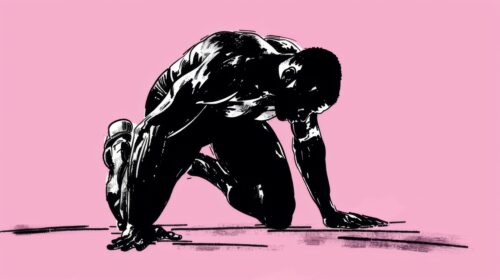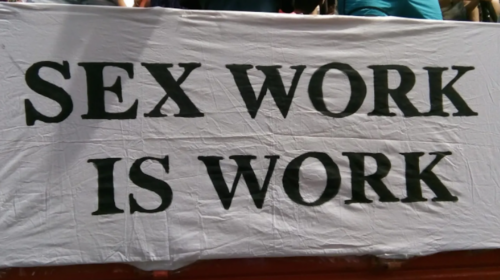Gender
Care Conversations Series
The Care Conversations Series invites leading scholars to discuss new books that reframe care across labor, gender, race, disability, and social justice. Each event pairs the author with a Duke interlocutor for cross-disciplinary dialogue. The Fall 2025 series will take place in Bay 4, Smith Warehouse, and is co-sponsored by the Revaluing Care Lab and campus partners.
Gender-Equitable Growth
The Revaluing Care in the Global Economy project hosts an online seminar on Gender-Equitable Growth, examining how social reproduction shapes U.S. state-level economic outcomes. Wednesday, September 24, 2025 · 10:05–11:20 AM ET, online.
Women’s Work and Care in Argentina
The Revaluing Care in the Global Economy project opens its Fall 2025 Working Papers Seminar Series with an online seminar on women’s work and care in Argentina, exploring how labor and care have been reshaped in the neoliberal era. Wednesday, September 17, 2025 · 5:30–7:00 PM ET, online.
Working Papers Seminar Series 2025-2026
This is the fourth edition of the Working Papers Seminar Series, an online forum where early- and mid-career scholars share work in progress with experts from the interdisciplinary field of care studies. The Fall 2025 cycle is fully supported by the Revaluing Care Lab at the Franklin Humanities Institute, Duke University.
Community, Labor, and Care: Amy Chin on the Garment Industry Day Care Center
The Revaluing Care Lab at the Franklin Humanities Institute invites you to a talk by Amy Chin on the past and present of the Garment Industry Day Care Center. The event will take place on Tuesday, April 16, from 11:45 AM to 1:00 PM ET, at the Revaluing Care Lab in Durham and online.
Care as Transformation: Alisson Rowland on Care and Sex Work
The Revaluing Care Lab at the Franklin Humanities Institute invites you to a talk by Allison Rowland on how sex workers redefine care as a process of transformation. The event will take place on Tuesday, March 26, from 11:45 AM to 1:00 PM ET, at the Revaluing Care Lab in Durham and online.
Creating Common Care (Bilingual Seminar)
The Revaluing Care in the Global Economy project invites you to a seminar on Creating Common Care, examining how community care structures intersect with labor, the state, and economic precarity in Latin America. The event will take place online on Friday, April 4, from 10:00 AM to 12:00 PM Eastern Time.
Kate Reed on Women Workers and Labor Rights
The Revaluing Care Lab at the FHI project invites you to the first lecture in the Visiting Lectures Series within the Women at Work class led by Dr. Tania Rispoli. This hybrid event will feature Kate Reed discussing women’s labor on Mexico’s southeastern railroads and their struggles for labor rights. Wednesday, February 19, 11:45 AM – 1:00 PM ET online.
Women at Work
An undergraduate course taught by Tania Rispoli in the Revaluing Care Lab at the Franklin Humanities Institute on the gender, race, and class implications of work. February 19, March 19, March 26, and April 16 in the Smith Warehouse, Bay 4, C106 and online from 11:45 am to 1:00 pm.

Beyond Deficit: Masculinity and Young Men’s Care Work
The world is changing, leading to a re-examination of manhood. The traditional idea of a strong, silent man who refrains from showing emotion has received increased attention as we recognise the harmful effect of these behaviours. Consequently, there is a growing call to promote caring expressions of masculinity.

Sex, Work, and Care
Sex workers forge critical connections to end gender violence, combat stigma and criminality, and build a more caring world.

The Rise of Anti-Care
Some post-U.S. election advice: keep the faith and fight the backlash.